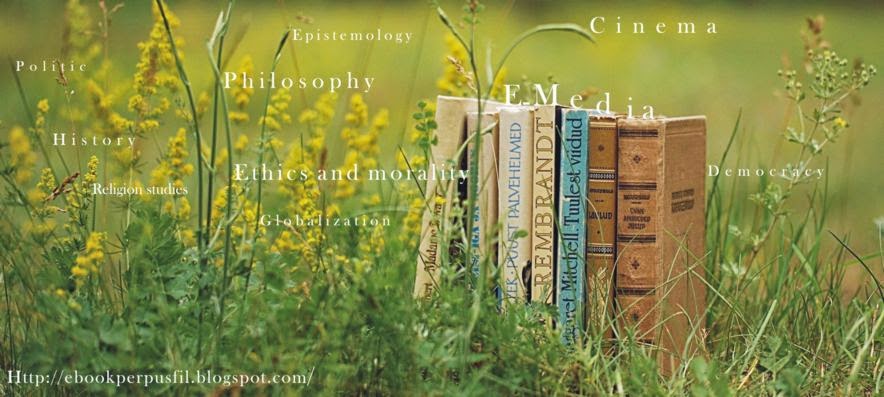 This is one of the most important books on Capitalism ever written. Unlike most economists, Schumpeter's knowledge and understanding of the sociological & political sides of the capitalist process was just as profound as was his knowledge and understanding of the economic side. Consequently, he presents a more well-rounded view of Capitalism than we usually get from the typical one-dimensional type of economist.
This is one of the most important books on Capitalism ever written. Unlike most economists, Schumpeter's knowledge and understanding of the sociological & political sides of the capitalist process was just as profound as was his knowledge and understanding of the economic side. Consequently, he presents a more well-rounded view of Capitalism than we usually get from the typical one-dimensional type of economist.Most economists commit the fatal error of regarding capitalism as a mere economic phenomenon, explicable by economic laws alone. But this view is palpably erroneous. Capitalism both influences and is influenced by political and sociological factors. Any account of the Capitalist system which ignores these non-economic factors must be regarded as short-sighted and incomplete.
This book is probably most famous (or most infamous, depending on your point of view) for its prediction (circa. 1942) that capitalism would eventually be replaced by some form of socialism. With the collapse of communism in Eastern Europe and the revival of market economics in East Asia and South America, it might appear that Schumpeter's prediction has been refuted. But this conclusion would be premature and superficial. Keep in mind Schumpeter's broad vision of capitalism. For Schumpeter, capitalism is much more than a free market acting under the guidance of supply and demand and consumer sovereignty. In Schumpeter's vision, capitalism is entire order of civilization, embracing the old-fashioned "bourgeois" code of ethics (see Thomas Mann's "Buddenbrooks" for a concrete illustration of bourgeois civilization) and entrepreneurial innovation (or "creative destruction," as Schumpeter calls it in his famous theory of the business cycle). When Schumpeter predicted that socialism would ultimately triumph over capitalism, he did not mean that a perfectly controlled economy would replace a perfectly free market, but that a "socialist" civilization would replace the capitalist civilization of the 19th century. His prediction, although not correct in all respects, is nevertheless prescient in a number of important ways. The social order prominent in the first world today is capitalist more in form than in substance. The corporation, which is regarded as a public institution by the law, is the dominant economic unit. Privately owned businesses have less and less power in the market. Regulation and state involvement in business are more and more common. Schumpeter once said that when socialism came to America, it would not be called socialism. This remark comes uncomfortably close to hitting the nail on the head.
Amazon.com
http://www.4shared.com/document/T4D21Poy/Capitalism_Socialism_and_Democ.html



































